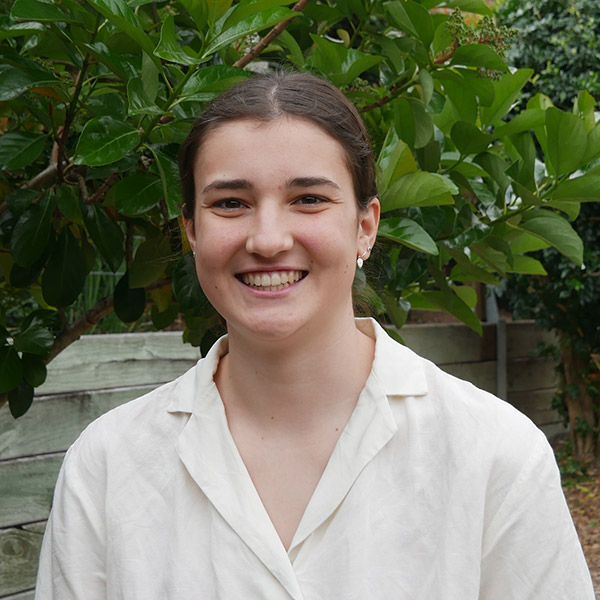
The years after school are an important transition point in a person’s life. Good mental wellbeing is a personal and community asset that needs to be promoted and protected[1]. It is linked to better physical health, lower rates of mental health conditions and positive study and work outcomes[2]. By contrast, mental ill-health issues cause distress and can impact learning with students more likely to exit courses early[3]. In a 2020 higher education student experience survey, half of all students cited health or stress related issues for considering withdrawing from their studies[4]. The COVID-19 pandemic has created significant disruption to the university experience and contributed to rising levels of anxiety, uncertainty related stress and depression[5]. In the absence of appropriate supports, mental ill-health in young people can contribute to a decline in physical and mental health and contribute to psychosocial disability[6].
University settings, and in particular, residential tertiary Colleges and student accomodation play a key role in shaping and supporting students’ mental health and wellbeing and subsequent educational success. It is a time of freedom, where social ties and developing friendships are cultivated and students typically engage in increased risky behaviour [7]. Residential tertiary Colleges are tasked with managing expectations and culture which can have a significant effect on the mental health and wellbeing of students and staff7. They are also tasked with ensuring their student leadership team, who are often second or third year students, are equipped with the knowledge and skills to support mental health and wellbeing of their peers. This is typically delivered during ‘preparation’ week where a range of providers deliver training across a range of topics from mental health, substance use and sexual misconduct.
However, following O-Week, and as the semester kicks into gear and freshers are settling in, the mental and social wellbeing needs tend to increase. Pastoral care staff and referral to counselling support, is usually available for students to access, but the extended warm peer support role student leaders play is elevated as peer needs increase. Evidence highlights that adopting psychologically informed approaches are essential for students to feel protected and supported as it fosters agency, connection, meaning and trust, which ultimately enables students to flourish7.
Ensuring student leaders have access to ongoing education and learning material that increases awareness of risk factors, builds psychological safety and connects people to care by encouraging help-seeking behaviour is essential. ConnectedLE’s eLearning mental health and wellbeing training offers student leaders access to resources around the clock. This is a game changer as they are able to jump online and view video re-caps, and access resources and practical tips any time. In line with the University Mental Health Framework Principles1, ConnectedLE is doing their part in supporting the tertiary residential College sector in supporting and enhancing student mental health and wellbeing. The training not only supports student leaders, but Colleges in their efforts to create psychologically healthy environments and communities.
[1] Orygen (2020). Australian University Mental Health Framework. Melbourne
[2] Productivity Commission (2020), Mental Health Inquiry Report no. 95, Canberra
[3] Orygen (2017) Under the radar: the mental health of Australian university students. Melbourne
[4] Australian Government (2021) Quality Indicators for Learning and Teaching. 2020 Student experience survey. Melbourne: Quality Indicators for Learning and Teaching
[5] Li et. al., (2021) Impact of the COVID-19 Pandemic on the Mental Health of College Students: A Systematic Review and Meta-Analysis. Health Psychology, https://doi.org/10.3389/fpsyg.2021.669119
[6] Australian Institute of Health and Welfare (2020). Australia’s health 2020. Australia’s health series no. 17. Cat. no. AUS 199. Canberra.
[7] Worsley, J, Harrison, P & Corcoran, R (2021) The role of accommodation environments in student mental health and wellbeing. BMC Public Health, 21 (573), https://doi.org/10.1186/s12889-021-10602-5

















